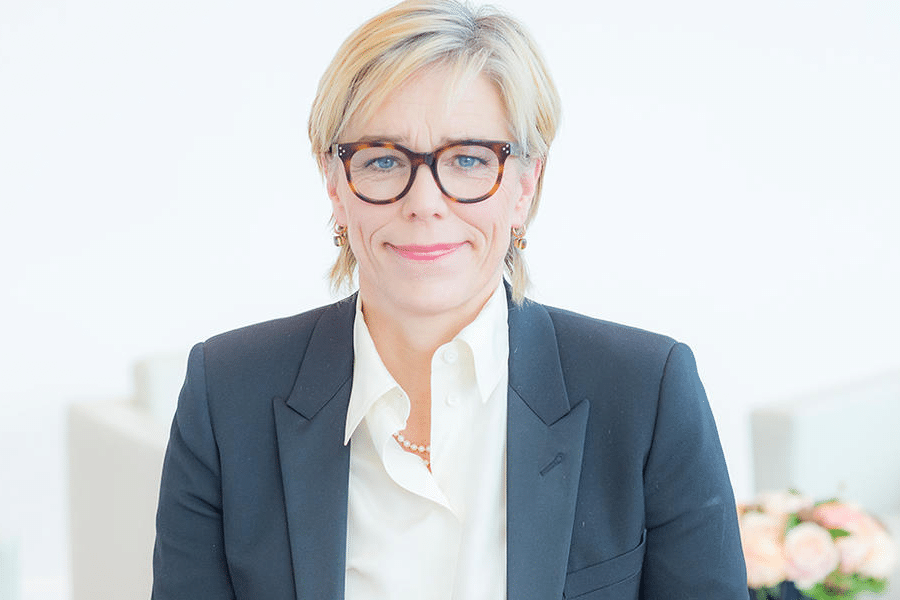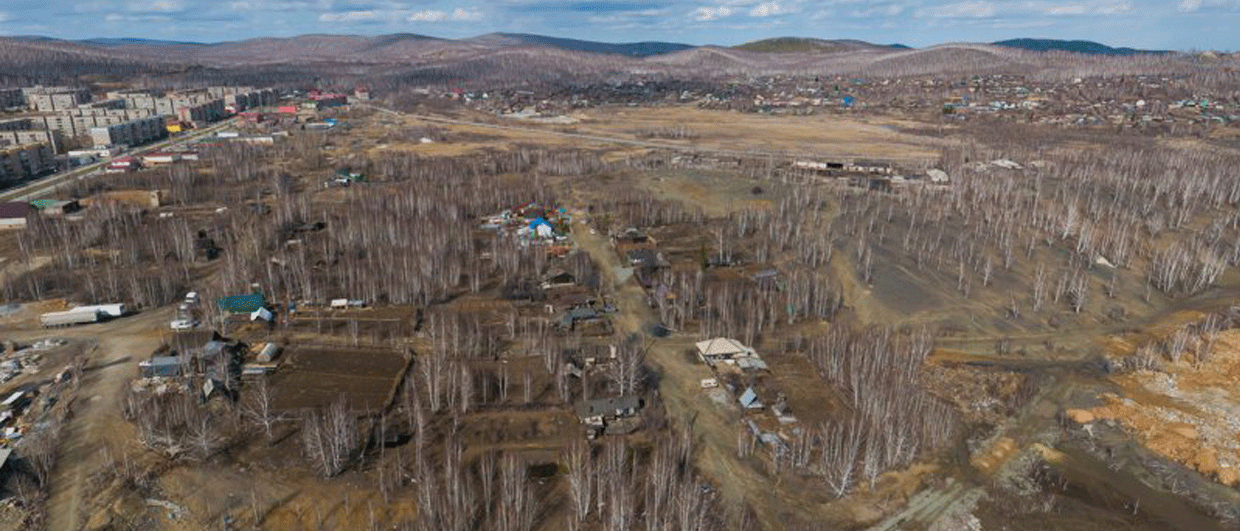How will the corona crisis, the climate crisis and the oil price war affect the oil and gas companies and the energy industry in the future, asks Maria Moræus Hansen in a chronicle (in Norwegian) on TU.no.
Hansen is the chair of Oslo’s new construction company Oslobygg KF but has had a long time in the oil industry, most recently as vice president of the German Wintershall DEA.
The former oil company director points out that the industry is very cyclical and has experienced many ups and downs over the years, which she summarizes in the phrase “Here we go again”. But is it different this time?
The corona crisis has stunted the demand for oil, especially after the epidemic went from being Chinese only to becoming global.
“But the decisive factor for the oil crisis was the OPEC+ meeting in Vienna on March 4, in which Saudi Arabia and Russia cancelled their previously agreed production restrictions. They went to an oil price war – again,” Hansen summarizes.
Maria Moræus Hansen acknowledges that, despite her experience with previous oil crises and downturns, she does not have a complete overview of the situation we are in today.
“But answering that you simply do not know what will happen, is not something a leader can afford to do for a long time. I’ve tried to systematize my thoughts around two scenarios over the past few weeks.”
One scenario, according to Hansen, is that this oil crisis becomes the nail in the coffin for the industry. There will still be a demand for oil and gas, but investors will be more sceptical of the industry, and low oil prices will not produce the returns the industry once delivered. In this scenario, investors may want to convert to renewable, sustainable investments.
“The other possible scenario is based on the idea that investors, after the crisis, will need a good return on investment and that investing in oil at the beginning of a boom period has always been super profitable in the past,” she points out.
The funds that might have been used for a quick transition to the renewable community may these days be directed towards to the corona crisis, and then it may be more important than ever to keep the wheels running on the Norwegian continental shelf and put the renewable energy transition on hold.
Maria Moræus Hansen says she is unsure as to which scenario is the most realistic.
“But I am surprised that many still seem to think that much will return to business as usual and that the energy projects and investments that were evaluated and decided before the crisis can continue as before. This oil crisis may actually be the last because the industry is no longer as relevant as it was, concludes Maria Moræus Hansen.”
RONNY SETSÅ





